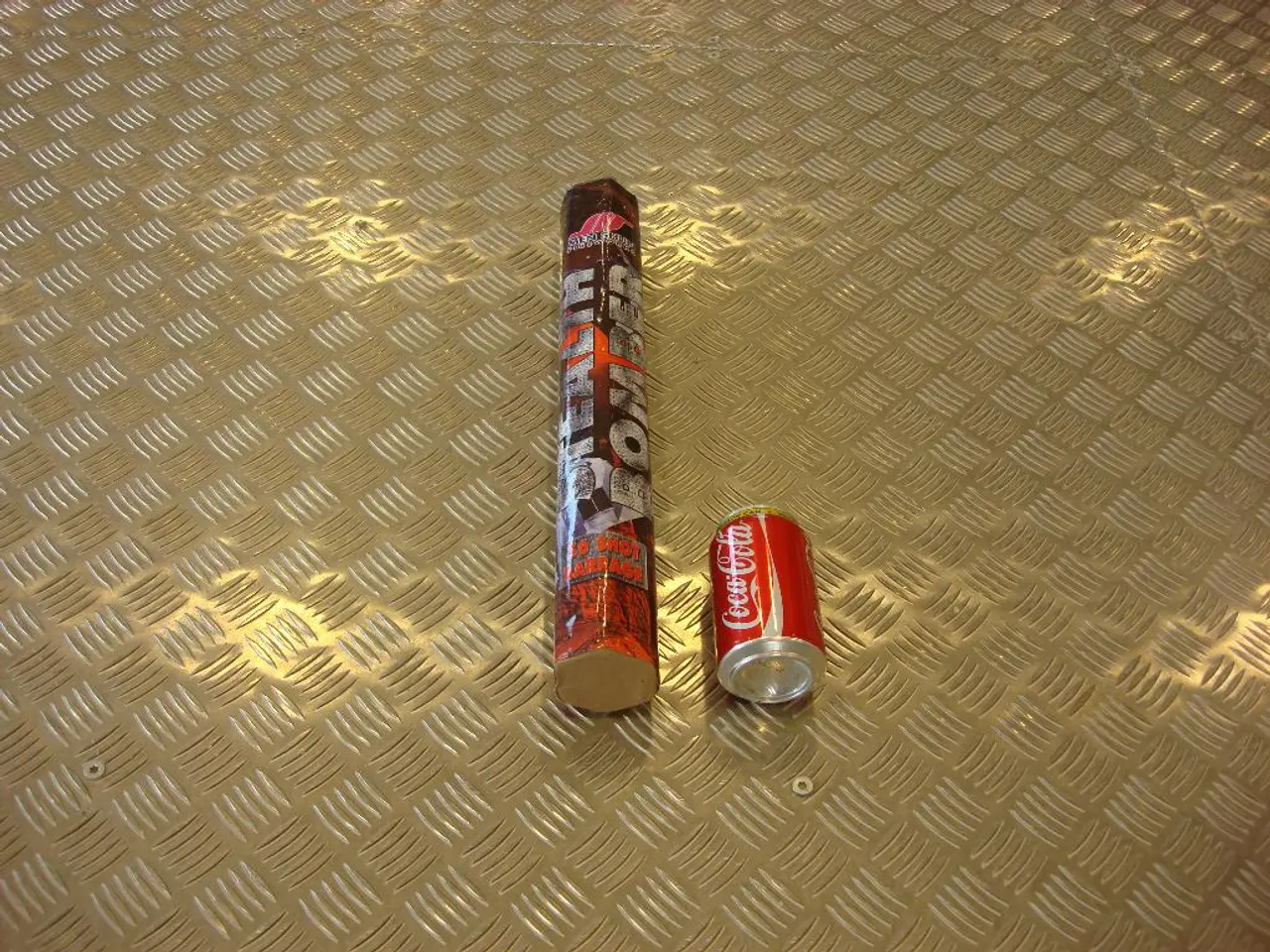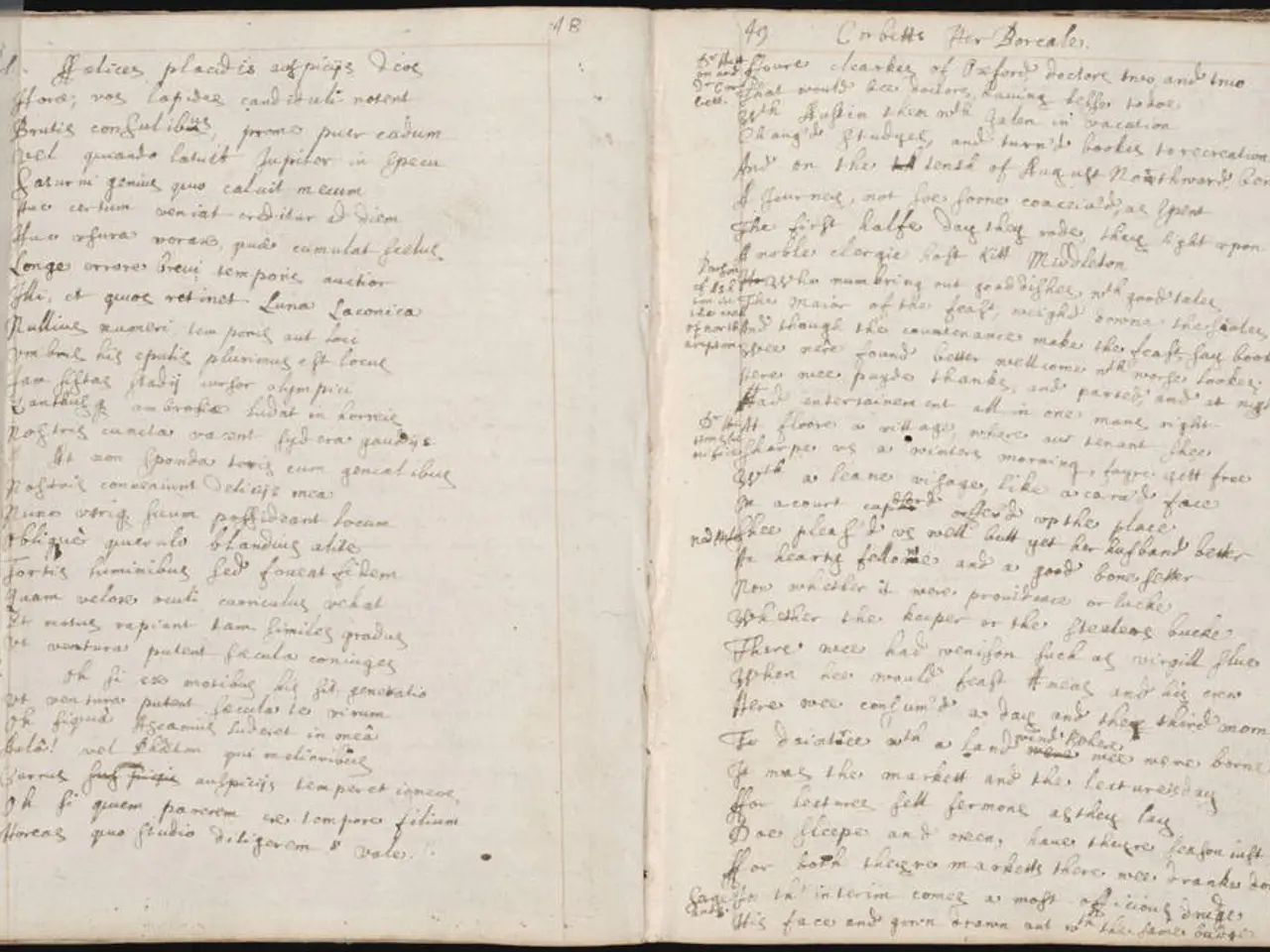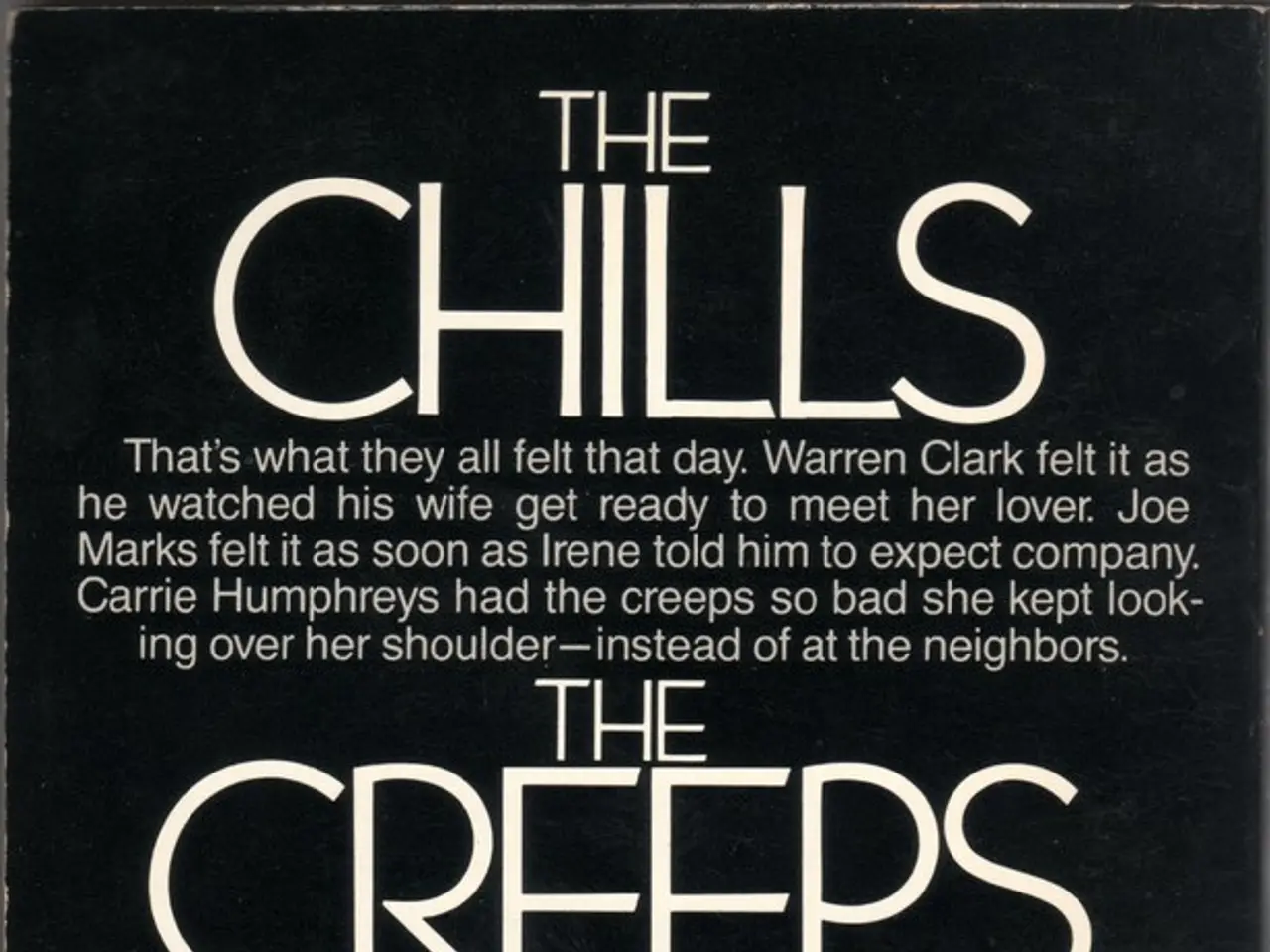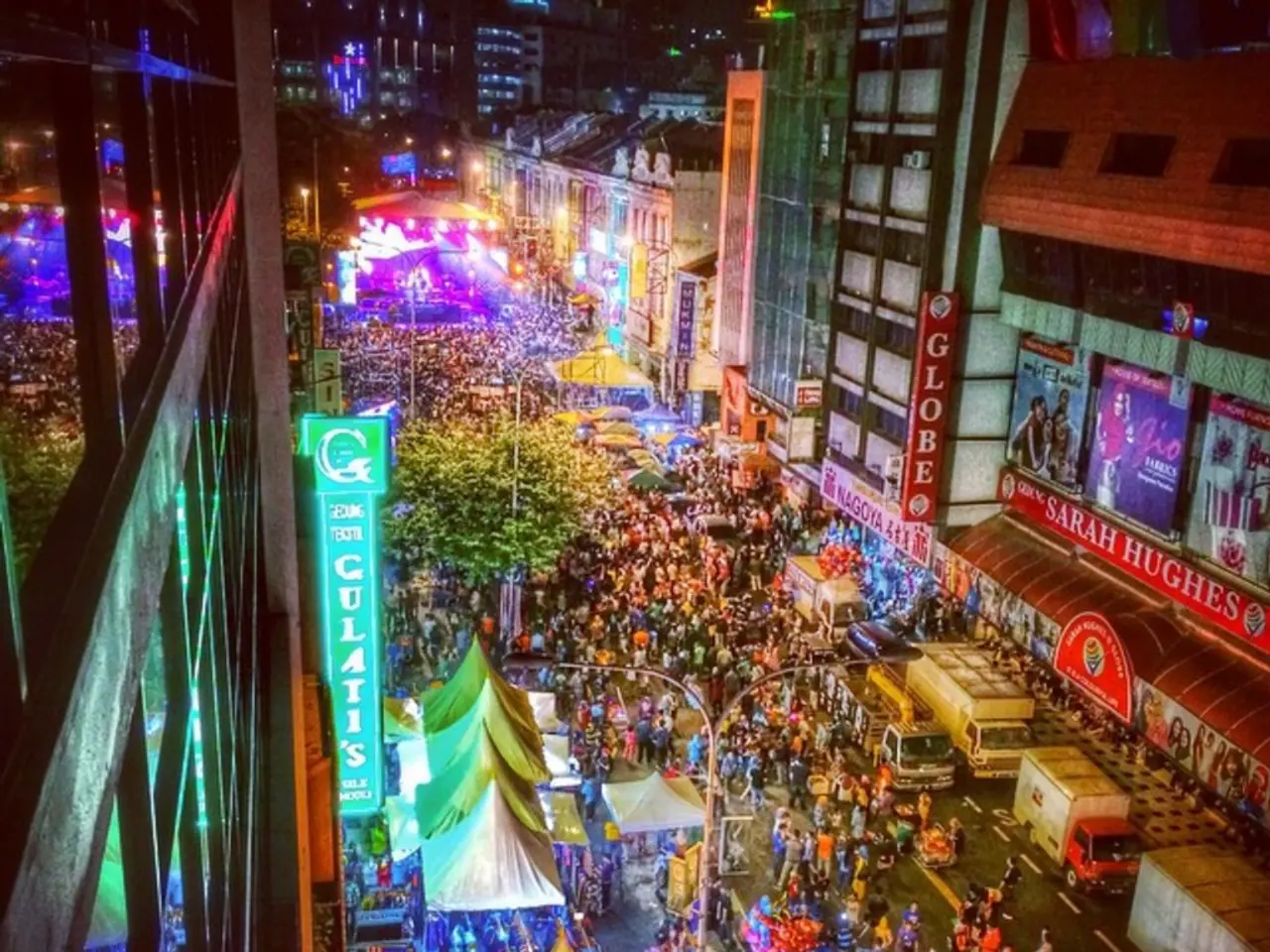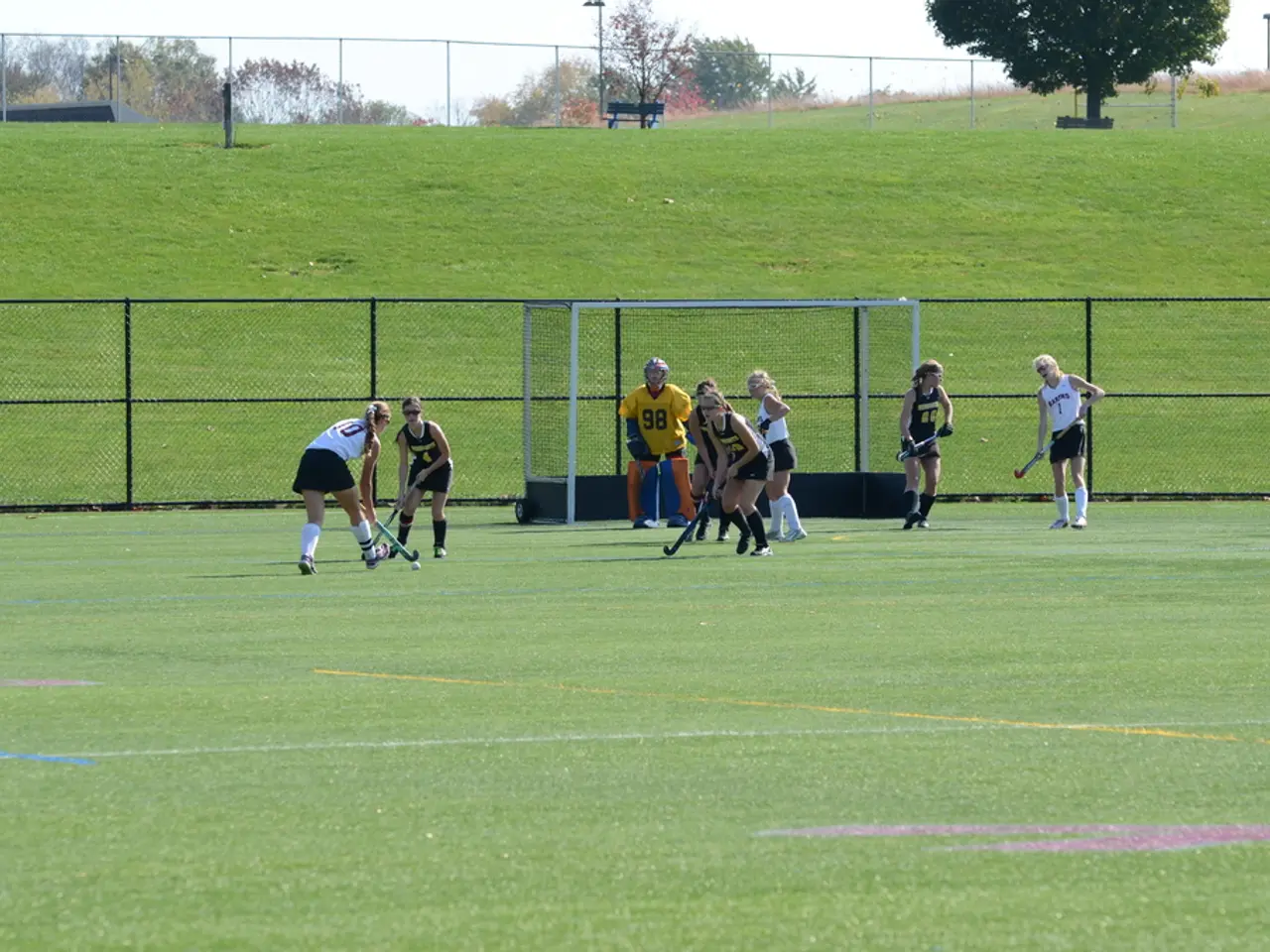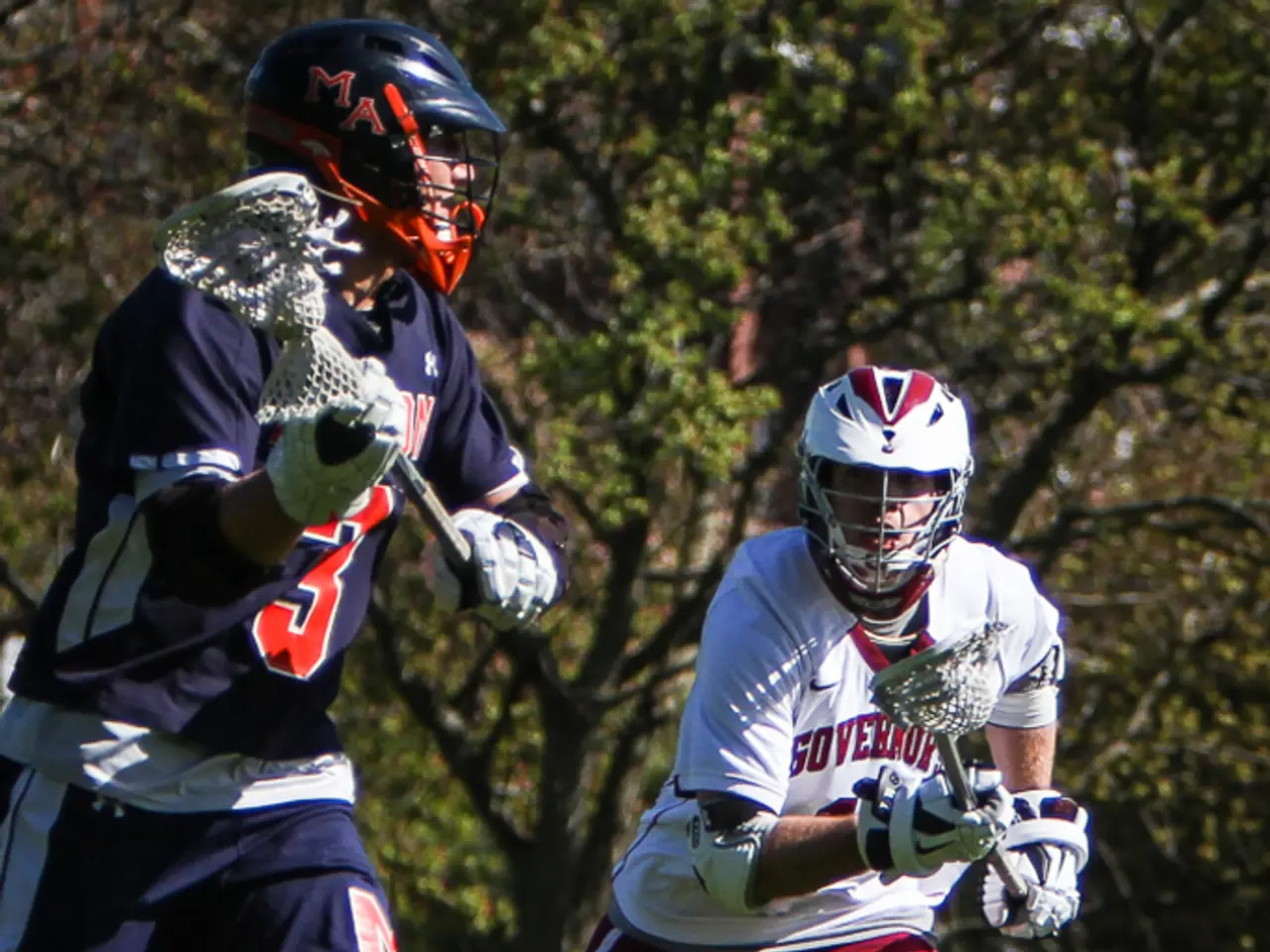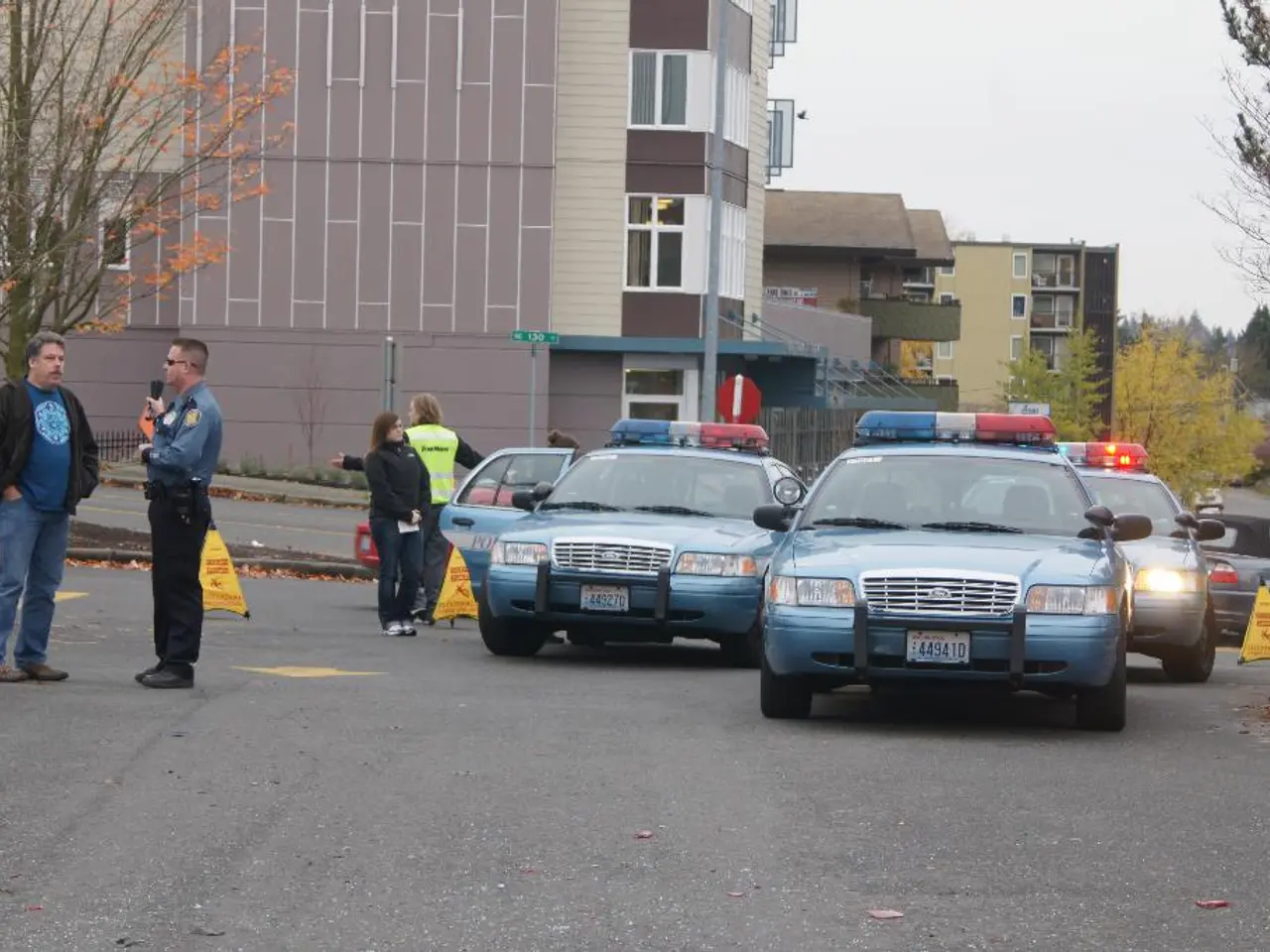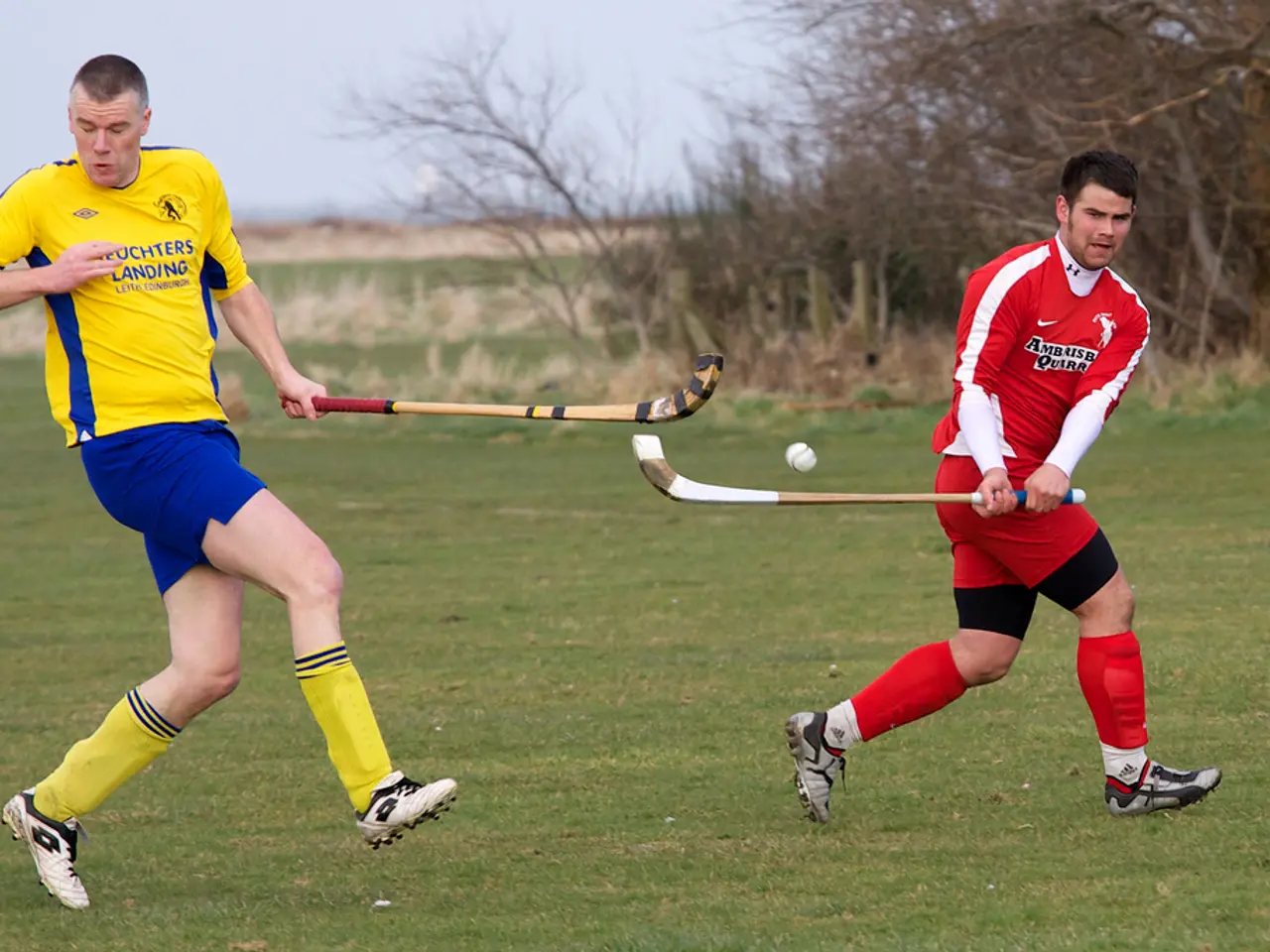Millenial Slang Phrases: Bitter, Managing Life's Challenges, Strong Praise, and Others
In the late 1990s through the 2010s, a unique set of slang words emerged, shaping modern pop culture and generational identity. This linguistic revolution, popularly known as Millennial slang, originated from a mix of internet culture, pop media, and evolving youth communities.
One of the most iconic Millennial slang phrases is "Pumpkin Spice Everything," symbolising the generation's obsession with autumn and the infamous pumpkin spice latte. This phrase, representing Millennial pop culture obsessions, has become synonymous with the season.
Another notable term is "Adulting," a humorous take on the responsibilities and challenges of being an adult. From paying bills to handling responsibilities, the Millennial generation has found a way to make even the most mundane tasks seem fun and relatable.
The slang phrase "Wig Snatched" originated in Black drag culture from the 1990s. It signifies something so amazing it figuratively snatches your wig off. Over time, the term has evolved to express extreme approval or admiration for something.
"Slaps" is a slang term used to express something is good or enjoyable, originating from hip-hop culture. If a song "slaps," it is a banger with positive energy that makes you want to dance.
"Squad" is a slang term used to refer to a close-knit group of friends. Gaining popularity through celebrities and social media, it is often used in a positive context to show affection and loyalty.
"Salty" is a slang term used to describe someone who is upset or bitter, often over something minor. On the opposite end of the spectrum, "Low Key" means being subtle or secretly into something, while "High Key" is used in an enthusiastic way to express being all in.
The slang word "Thirst Trap" refers to a photo or video shared online to get attention, often of a flirty nature.
Millennials are responsible for popularizing these slang terms, blending internet culture, hip hop, and casual humor. Their meanings often include shorthand for complex social phenomena, humor, or identity signals. For example, "sigma" meaning a cool, introverted lone wolf.
The impact of Millennial slang on pop culture has been significant. It has shaped communication styles on social media platforms, influenced mainstream media language, and contributed to identity formation among younger generations. Slang terms initially popularized by Millennials often evolve, giving rise to new generations’ slang (Gen Z, Gen Alpha), reflecting shifting cultural trends while fostering generational connections and sometimes clashes.
For instance, slang terms like "simp," "slap," and "slay" have permeated music, memes, and everyday conversations, demonstrating how language can serve both as cultural capital and social bonding mechanisms.
In conclusion, Millennial slang emerged from technological, social, and media-driven influences and now plays a crucial role in shaping modern pop cultural expression and generational identity.
Slang terms like "Pumpkin Spice Everything," "Adulting," "Wig Snatched," and "Slaps" emerged from internet culture, pop media, and youth communities, shaping the unique set of Millennial slang phrases that marked modern pop culture and generational identity. "Squad" gained popularity through celebrities and social media, referring to a close-knit group of friends. "Salty," "Low Key," and "High Key" are slang terms used to express emotions, while "Thirst Trap" refers to a photo or video shared online for attention. millennials blended various cultures, including hip-hop, to create and popularize these slang terms, which often contain shorthand for complex social phenomena or serve as identity signals. These slang terms significantly impacted pop culture, shaping communication styles on social media platforms, influencing mainstream media language, and contributing to identity formation among younger generations. Slang terms like "simp," "slap," and "slay" demonstrate how language can serve as both cultural capital and social bonding mechanisms, reflecting shifting cultural trends while fostering generational connections and sometimes clashes. Millennial slang continues to play a crucial role in shaping modern pop cultural expression and generational identity.
